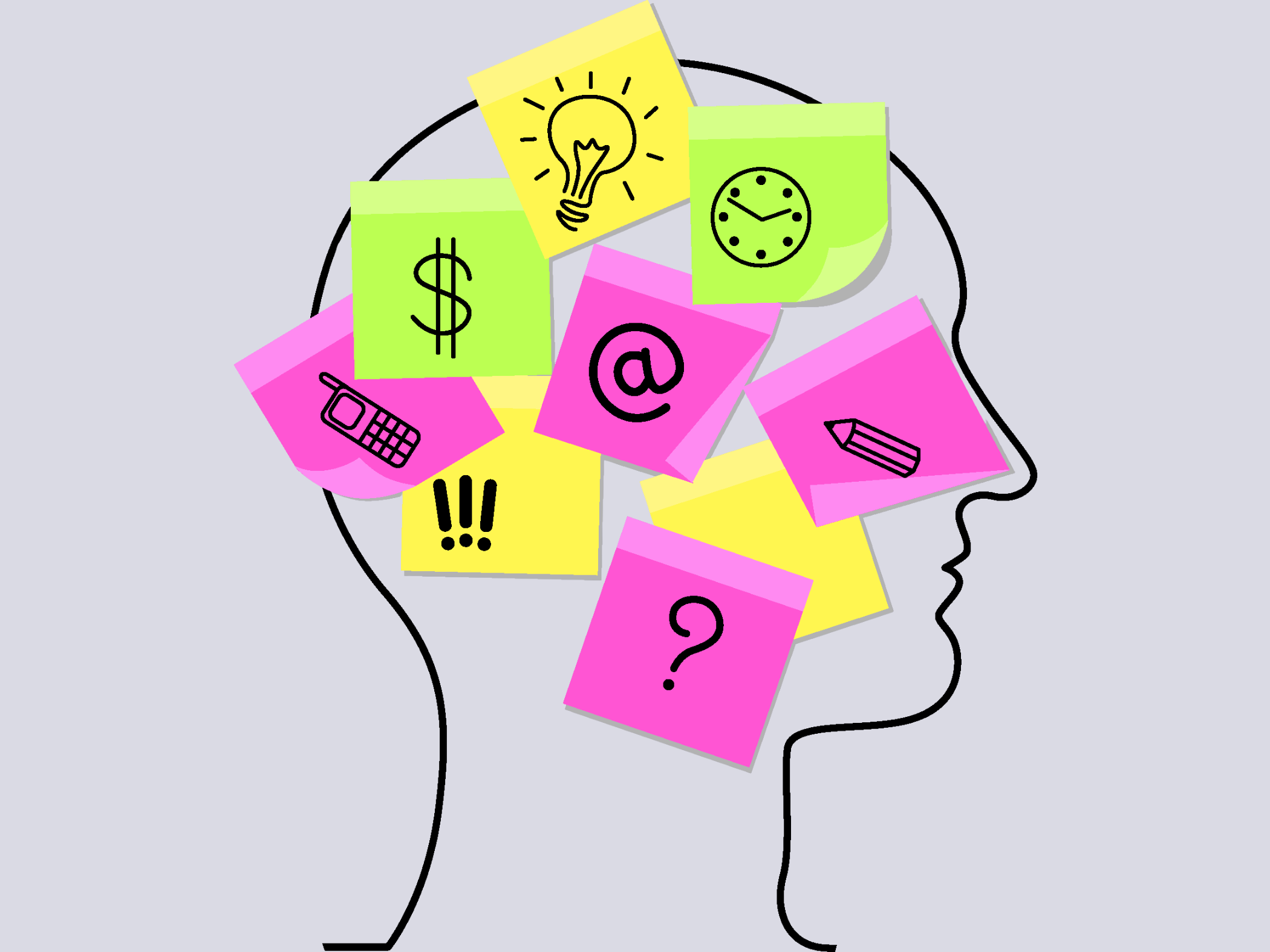Students with ADHD or dyslexia gain tremendous skills from executive function (EF) coaching. EF coaching can increase the rate of a positive transition into college and, ultimately, lasting success. EF coaching provides students with learning differences and ADHD guidance on how to set goals, get organized, and stay focused.
EF coaches have a positive attitude, listen actively, and hold the student accountable for following through on goals, plans, and commitments. For the student, a feeling of empowerment grows as they become more self-directed and more confident – academically, socially, and emotionally. They become proactive goal setters and problem solvers who are able to manage and monitor themselves – to get started on tasks, keep track of time, and redirect their activity to focus on what will help them get the best results.
What are executive function skills?
Executive functioning describes a set of skills that are used to activate, inhibit, monitor, redirect and manage cognitive activities and emotional responses. Executive functions are performance-based and action-oriented.
Some of the more specific skills that students with EF impairments often struggle with are:
How do EF coaches differ from teachers, academic advisors, and tutors?
Teachers, academic advisors, and academic tutors impart knowledge. They are experts in a subject area, such as English, biology, or social psychology. They challenge students to master the material in their discipline.
EF coaches share strategies in a very personalized way. EF coaches work one-on-one with students to pinpoint their difficulties. Whether the struggle is with task initiation, time management, prioritizing, setting a goal, or sustaining focus and staying on task, the EF coach will identify the challenge and offer strategies that can help.
In our relationships with the students we coach, we are collaborators. We throw out suggestions, and students can take them, leave them, or change them. We can play with options and make something up that a student knows will work.
How can EF coaching help solve academic problems like low GPA?
A student with ADHD may know that they struggle with writing papers. An English professor may send that student to the Writing Center, where tutors offer help with composition and grammar.
However, this student actually does have a solid grasp of the writing process. The struggle has nothing to do with academics. It has to do with executive function. There is a gap between the student’s knowledge and his ability to leverage it, and that is exactly what makes a student a great candidate for EF coaching.
EF coaching exists because you can have all the knowledge, but if you have difficulty activating it, using it, or remembering what you’ve learned, then it can be frustrating not only to you but to others around you as well. Applying these strategies will have an impact on a student’s GPA – and more.
How does EF coaching improve outcomes for students with ADHD and LDs?
Research suggests students who receive EF coaching are more self-directed, more efficient, and more productive than they would otherwise be. They also report greater levels of satisfaction in their work and in their lives. That’s because these struggles don’t only have academic consequences. They take a toll socially and emotionally as well.
Continually applying these skills and making them part of everyday habits in school and after has enormous benefits.
Learn more about Forman’s Cognition and Learning Department, including executive function coaching, here.





